First aired on 8 February 1990, this was Eugene Fodor’s comeback after a turbulent period in his life, including being arrested for cocaine and heroin possession and going to rehab.
A few months earlier, the New York Times had basically announced the end of his career in a feature titled ‘From Tchaikovsky to Heroin: A Brilliant Violinist’s Decline’.
Unfortunately, despite the optimism in this interview, he continued to struggle with addictions throughout his life, dying in 2011 at the age of 60 of cirrhosis.
Fodor made his debut aged ten, playing the Bruch Violin Concerto with the Denver Symphony Orchestra, and later studied at the Juilliard School, Indiana University and the University of Southern California. His teachers included Ivan Galamian, Josef Gingold and Jascha Heifetz, the last of whom Fodor particularly admired. He told The Strad in July 1994, ‘studying with Heifetz was one of the most enjoyable years of my life.’
In 1972 Fodor won the Paganini Violin Competition, and in 1974 he became the first American to take the highest honour at the International Tchaikovsky Competition – a considerable achievement at the height of the cold war. He took second place in the competition, no first place being awarded.
He was known for his natural technique, although, as he told The Strad in the same July 1994 interview, other elements of playing the violin appealed to him: ‘Violin playing is special to me not only from the point of view of its technical scope, which is virtually limitless, but also for its song-like characteristics.’























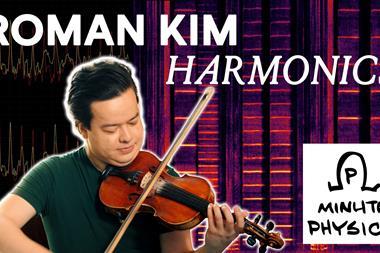
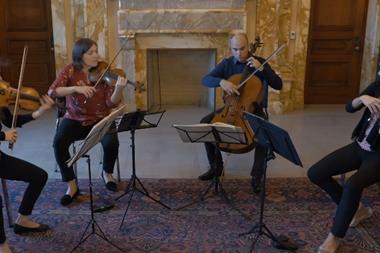
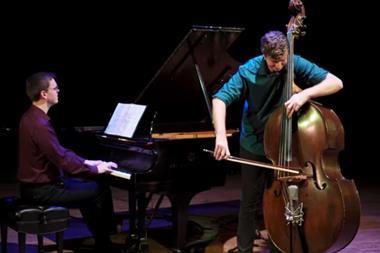
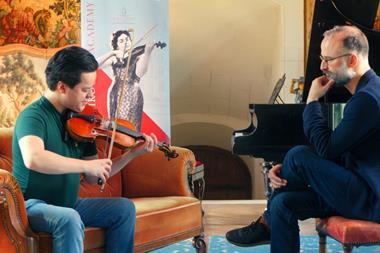
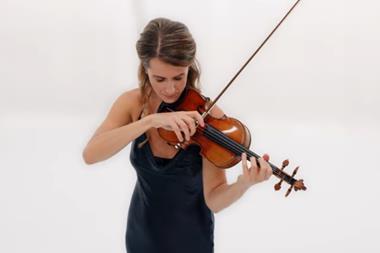








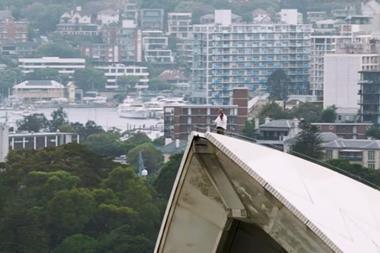











No comments yet